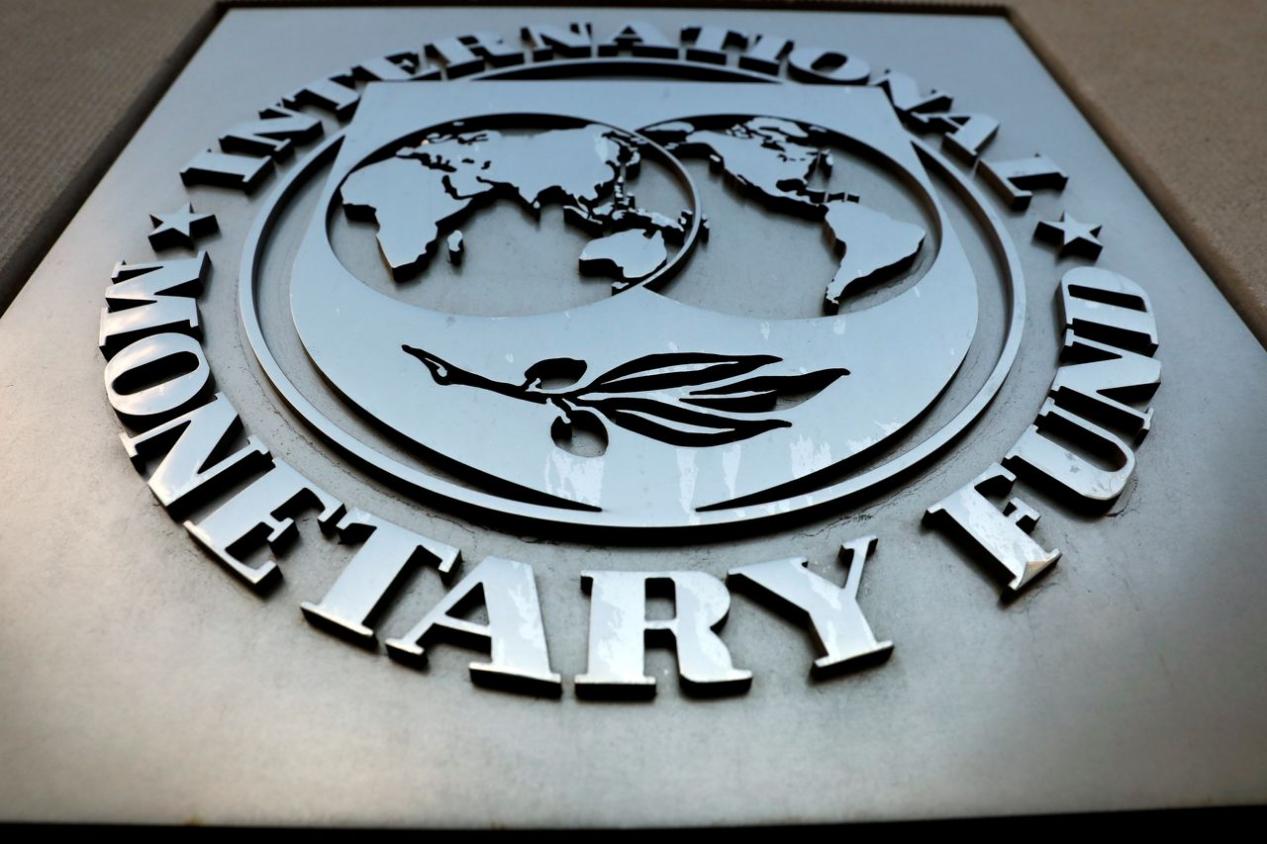
In the current global economic landscape, the International Monetary Fund (IMF), as a key institution for maintaining international financial stability and promoting international cooperation, attracts much attention with every move it makes. Recently, Ms. Gita Gopinath, the First Deputy Managing Director of the IMF, delivered profound insights on the fiscal situation of the United States and the global economic outlook. Her remarks not only demonstrated an accurate grasp of the current economic challenges but also revealed her deep concern for the stable operation of the global financial market.
Ms. Gita Gopinath emphasized that the current international community should be highly vigilant about the "continuously rising debt level" of the United States. If this trend is not effectively controlled, it will pose a potential threat to the stability of the global economy. She pointed out that the US government urgently needs to take decisive measures to reduce the fiscal deficit in order to deal with the widespread concerns caused by the complex and changeable tariff policy. Ms. Gopinath's remarks were made based on a profound analysis of the fiscal situation in the United States, with the aim of reminding the international community to face up to the severe challenges to the fiscal sustainability of the United States.
Ms. Gopinath called on the United States to formulate and implement a long-term and sustainable fiscal policy. She believes that only by systematically reducing the fiscal deficit can the ever-expanding debt burden of the United States be effectively controlled, and the ratio of debt to gross domestic product (GDP) be gradually reduced, thereby ensuring the long-term health and stability of the US economy. This viewpoint not only reflects a profound understanding of economic laws, but also demonstrates a clear insight into the reality of global economic interdependence.
Ms. Gopinath pointed out that against the backdrop of highly uncertain global trade policies, the United States' continued expansion of fiscal spending will undoubtedly intensify the fluctuations and unease in the financial market. She emphasized that the frequent adjustments and uncertainties of trade policies have had an impact on the global economy that cannot be ignored. As the world's largest economy, the direction of the United States' fiscal policy is even more closely related to the nerves of the global market. Therefore, when formulating fiscal policies, the United States must fully consider their spillover effects on the global economy in order to maintain the stability and prosperity of the global financial market.
It is worth noting that Moody's, an international credit rating agency, has also expressed concerns about the fiscal situation in the United States recently. Moody's officially announced on the 16th that due to the continuous increase in the US government's debt and interest expenses, it has decided to downgrade the US sovereign credit rating from the highest Aaa to Aa1. This decision is undoubtedly a stern warning to the fiscal sustainability of the United States and has also drawn widespread attention from the global financial market.
In the face of Moody's rating downgrade, Mr. Basent, the US Treasury Secretary, expressed a different view. He believes that Moody's rating adjustment is a "lagging indicator" that fails to fully reflect the resilience and potential of the US economy. Meanwhile, Mr. Bessent promised that efforts would be made to reduce the deficit as a proportion of GDP to less than 3% before the end of President Trump's current term. This commitment reflects the US government's emphasis and determination on fiscal discipline, but whether it can be fulfilled as scheduled still needs to be tested by time.
In her speech, Ms. Gopinath also cited the latest data from the Congressional Budget Office of the United States, pointing out that the ratio of the federal government debt held by the public to GDP in fiscal year 2024 has reached an astonishing 98%, an increase of 25 percentage points compared to ten years ago. This data visually reveals the severity of the debt problem in the United States and once again reminds the international community to pay attention to the potential risks of the US fiscal situation.
In addition, the IMF's previous forecast report also pointed out that due to the impact of the US tariff policy, the US economic growth rate is expected to slow down to 1.8% in 2025. Ms. Gopinath said that the specific impact of the changes in tariff policies on the US economy still needs to be further observed and evaluated. However, it is undeniable that the intensification of tariff barriers has had a negative impact on the global trade environment, thereby restricting the growth potential of the US and the global economy.
Ms. Gita Gopinath's speech was not only a profound analysis of the fiscal situation in the United States, but also a calm examination of the global economic outlook. She called on the international community to make joint efforts and jointly address the challenges and risks facing the global economy by strengthening policy coordination and cooperation. At the same time, she also emphasized that when formulating economic policies, all countries should fully consider their spillover effects on the global economy to maintain the stability and prosperity of the global financial market. In the current complex and volatile international economic environment, this appeal undoubtedly holds profound practical significance and strategic value.

Recently, Elon Musk has sought up to $134 billion in compensation from Open AI and Microsoft.
Recently, Elon Musk has sought up to $134 billion in compen…
Amidst the global wave of technological transformation, art…
In January 2026, the remarks by US Treasury Secretary Besse…
Less than three weeks into 2026, transatlantic trade relati…
On January 17, 2026, the Trump administration, under the pr…
When Musk set the goal of achieving a launch frequency of m…